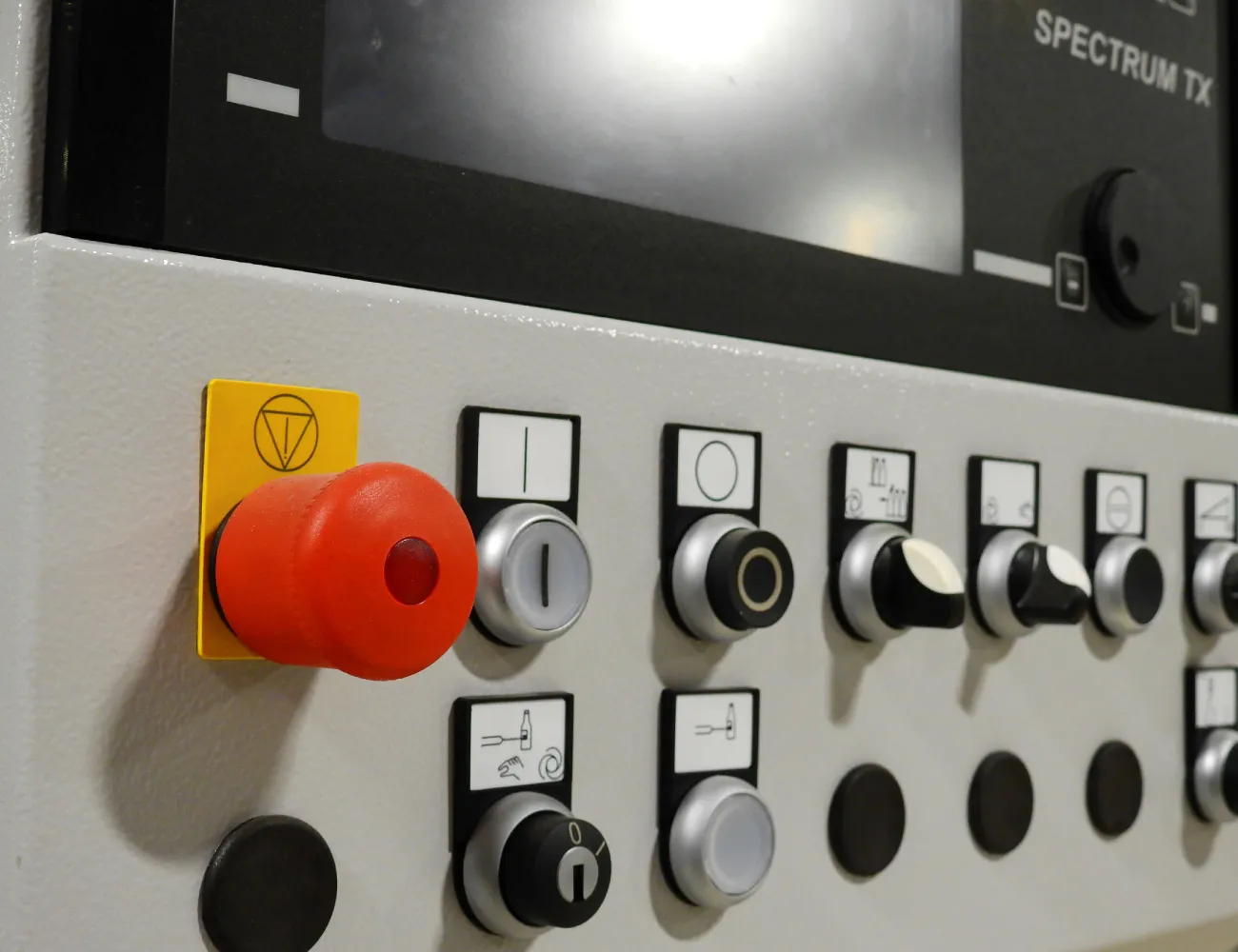1. Power Outages
Power outages are one of the most common electrical emergencies. While they may not seem as severe as other issues, knowing how to handle them effectively is vital.
Stay Calm: The first step is to remain calm. Power outages can be unsettling, but panic will not help the situation.
Check Your Neighbors: Look outside to see if your neighbors are also experiencing an outage. If the outage is widespread, it may be a local issue, and your utility company is likely already aware.
Report the Outage: If it seems that the outage is limited to your property or you’re unsure, contact your utility company to report the problem. Provide them with as much detail as possible, including your address and any relevant observations.
Unplug Appliances: To prevent damage when power is restored, unplug sensitive electronics and appliances. This will help avoid power surges that can occur when electricity returns.
Use Caution with Generators: If you decide to use a generator, ensure it is placed outside to prevent carbon monoxide buildup. Follow the manufacturer’s guidelines for safe operation.
2. Electrical Shocks
Electrical shocks can happen due to faulty wiring, wet conditions, or improper use of appliances. If someone experiences an electric shock, it’s essential to act quickly.
Do Not Touch the Victim: If a person is still in contact with the electrical source, do not touch them directly. This can lead to you receiving a shock as well.
Turn Off the Power: If it is safe to do so, turn off the power at the breaker box or unplug the appliance causing the shock.
Call for Help: Dial emergency services immediately. Even if the person appears to be fine, it is important to seek medical attention, as internal injuries may not be immediately visible.
Administer First Aid: If the victim is unconscious or not breathing, begin CPR if you are trained to do so. Continue until emergency personnel arrive.
3. Electrical Fires
Electrical fires can be particularly dangerous and can spread quickly. Knowing how to respond can save lives and minimize damage.
Evacuate Immediately: The first step is to ensure everyone in the building is safely evacuated. Do not attempt to fight the fire if it is large or spreading rapidly.
Call 911: Once everyone is safe, call emergency services. Provide them with your location and details about the fire.
Use the Right Fire Extinguisher: If the fire is small and manageable, use a fire extinguisher rated for electrical fires (Class C). Never use water to extinguish an electrical fire, as this can conduct electricity and worsen the situation.
Disconnect Power: If it is safe to do so, turn off the power to the affected area at the circuit breaker. This can help reduce the risk of further electrical fires.
4. Seek Professional Help
Regardless of the situation, it’s crucial to contact a licensed electrician after an electrical emergency. They can assess the situation, identify the cause of the problem, and make necessary repairs to ensure your electrical system is safe.
5. Prevention Tips
While emergencies can happen, there are steps you can take to minimize the risks:
- Install Ground Fault Circuit Interrupters (GFCIs): These devices can prevent electrical shocks in wet areas.
- Regular Inspections: Schedule routine electrical inspections to catch potential hazards before they become emergencies.
- Stay Informed: Educate your family about electrical safety, including what to do in an emergency.

0 Comments